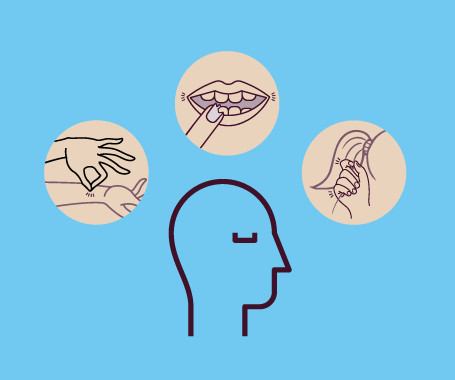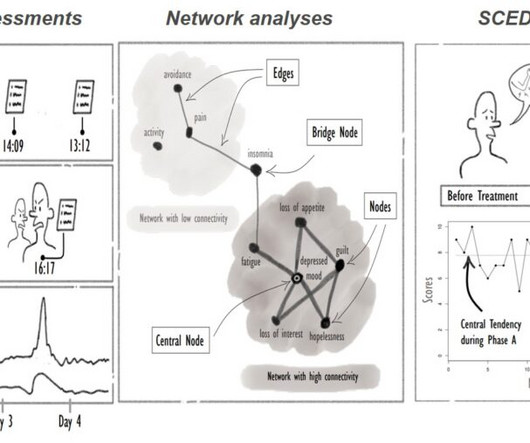Why Worry: Understanding OCD and Anxiety Disorders
Psychological Health Care
AUGUST 5, 2020
While the impact of COVID-19 may be contributing to heightened levels of worry in general, for many, ongoing anxiety is a debilitating mental health disorder. In fact, anxiety and associated conditions such as Obsessive Compulsive Disorder (OCD) are common mental health conditions. What Is OCD? OCD, Anxiety and COVID.



















Let's personalize your content